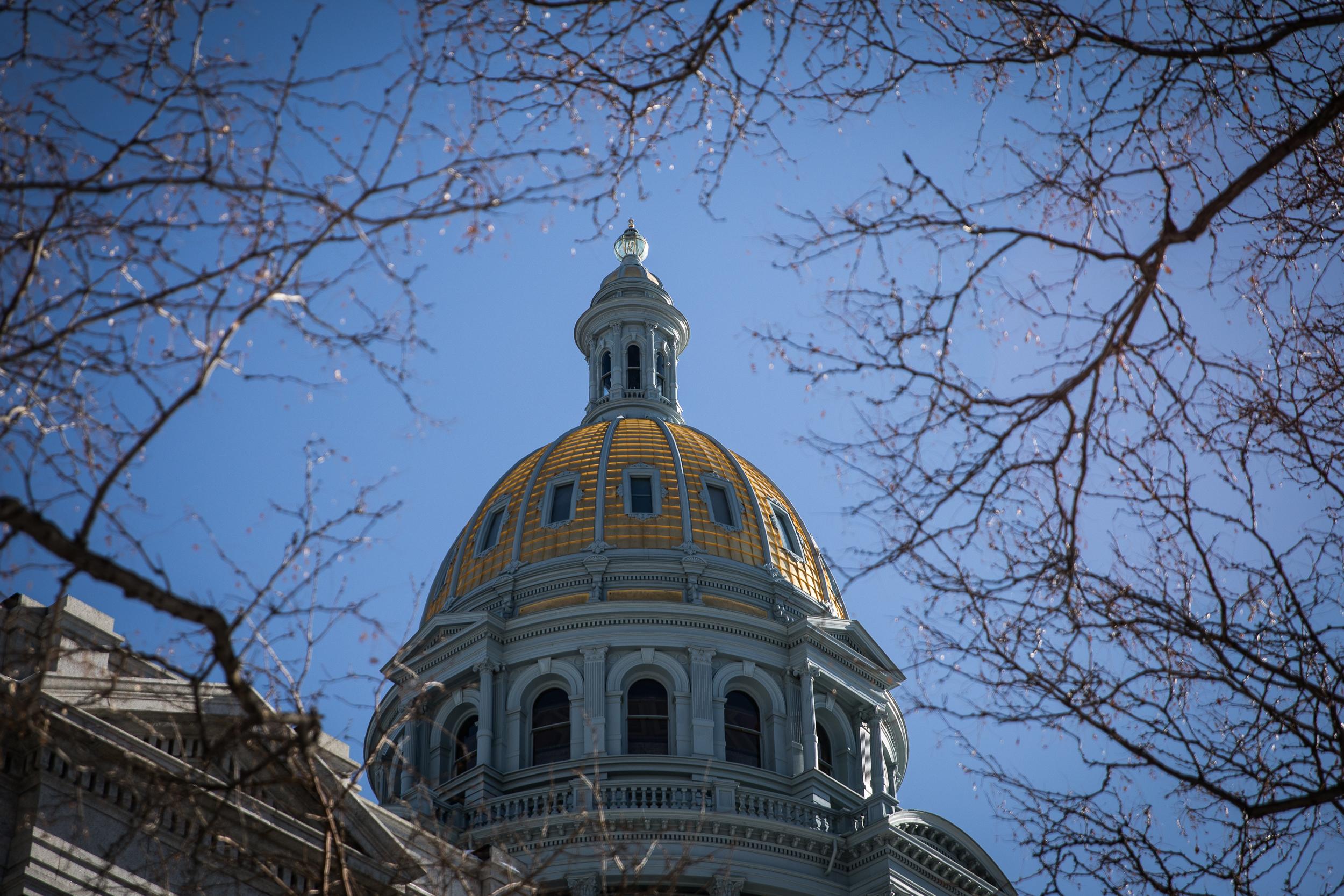
For nearly three years, the Interim Legislative Committee on School Finance has burrowed through the labyrinth that is Colorado's system for distributing money to schools.
In 2019, they focused specifically on the formula at the center of it all that determines how much goes to each district.
But after months of meetings, they don't have a bill to put forward for the full state Legislature to consider.
Committee chair and Democratic state Rep. Julie McCluskie said it came down to deadlines. They had to have all their ducks in a row by the start of the session next Wednesday.
Shortly before Christmas, the committee realized staff would have to work through the holiday to get the rundown on how much their draft bill would cost. Without that, it couldn't go up for a vote. The committee was still discussing the finer points of policy and needed more time.
So Thursday afternoon, they called it off.
"This work is complex and challenging, and deserves more discussion, analysis and input from our diverse body of education partners and stakeholders," McCluskie and vice chair Paul Lundeen, the Republican state senator for Monument, wrote in a letter.
Lundeen, who formerly served on the State Board of Education and has been involved in school funding reform for years, attributed the failure to politics as well.
"I’m just personally frustrated," he said. "It’s really difficult to make a change because the political forces and the power of the school districts bend towards inertia."
Both lawmakers said the committee agreed the current formula needed to change. They advocated a more student-centric approach, where money goes to the students who need it the most.
The committee discussed a draft bill in December that would have given districts more money for students with disabilities, students who are English language learners and students who qualify for free or reduced lunch. The changes would have reduced the emphasis on a district's size or relative cost of living.
However, in the weeks that followed, the committee, which by law had to complete its work by the start of the session, continued to tweak the bill until it ultimately running out the clock.
Still, McCluskie said many members of the committee remain interested in continuing to work on the issue.
"It’s hard to explain how big of a deal it was to get words on paper," she said. "To get that far is not a victory yet, but certainly progress."
Lundeen agreed.
"The conversation will live on," he said.
That could include a bill not put forward by the committee, but by some former members. McCluskie said she is considering that option.
The legislative session begins Jan. 8.








